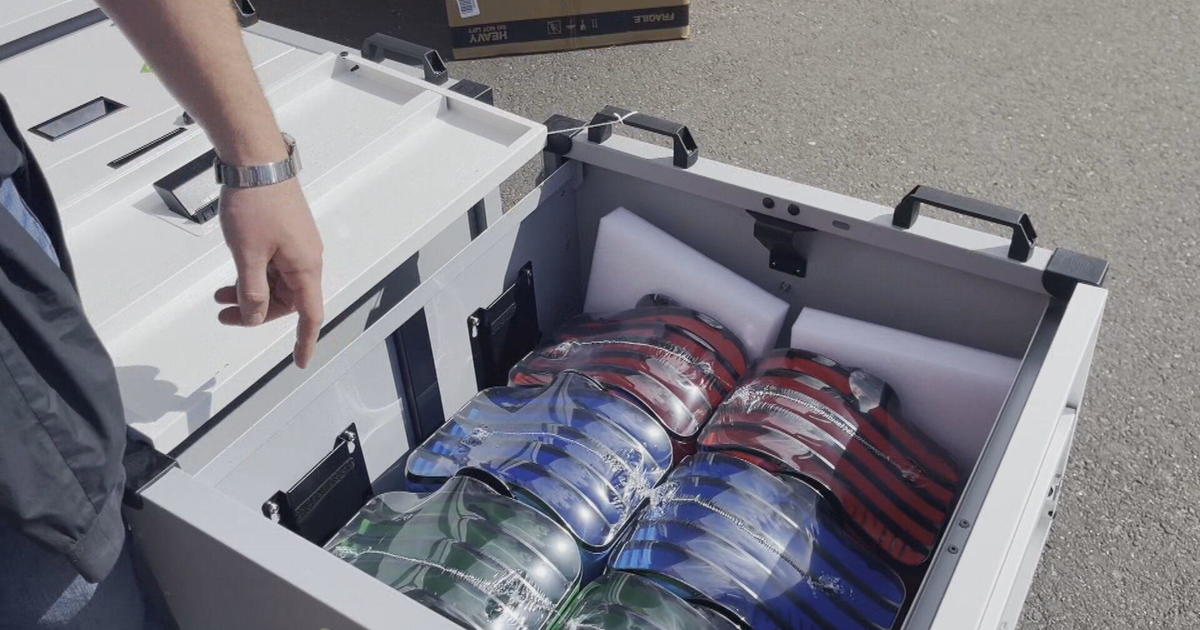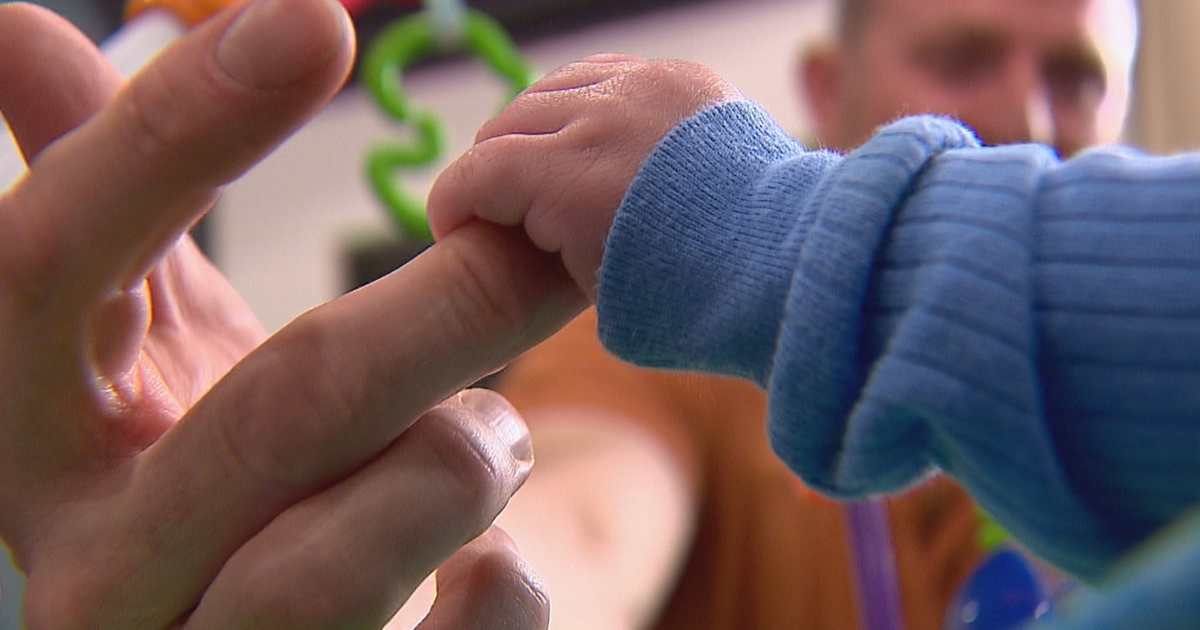Are You At Risk For 'The Frozen Five?'
These arctic temperatures can do a lot more than give you frozen fingers and toes. When the thermometer dips into single digits, the cold causes a number of internal adjustments inside your body -- and some of those adjustments can be downright dangerous, especially if you are older or have pre-existing health problems.
Think of them as the "Frozen Five."
First, we worry about blood pressure. As the temperature goes down, your blood pressure goes up, and that can place a strain on your heart as it works harder to keep your body warm. If you have underlying heart disease, you don't need to be out shoveling snow for your blood pressure to shoot up --and your heart arteries to tighten up -- triggering a heart attack. If you have high blood pressure, the cold outdoors is not the place to be. Rates of heart attacks, by the way, are highest in winter.
Next we think about your lungs. Cold air can play havoc with your airways, causing them to tighten up. Some people will simply cough when inhaling a hefty dose of frozen air, but if you have asthma, your lungs are more prone to a full blown shutdown and subsequent asthma attack. Among other things, be sure your inhaler is handy, breathe through a scarf, or simply don't head out into those cold temperatures.
Diabetes is issue #3. If you've got problems with blood sugar, pay extra attention to your numbers. The stress of the cold pushes out a lot of chemicals and hormones inside the body, and it's not unusual for people to need extra insulin, or less insulin, as the body reacts to the cold. Monitor your blood sugars closely. Skin issues (see below) are extra important as well.
Number four on the list is dehydration -- it's not just a worry on a hot summer day. When the temps plummet, your metabolism kicks up a notch, and that means your motor will need more fluids to keep the circulation running smoothly. When the thermometer tanks, think more liquids. And if you're shoveling or skiing, definitely don't forget to load up on fluids. Having a tank that's low on liquids, and your risk of problems from all of the other issues are higher.
This brings us to number five: your skin. Cold injury to the skin is more common than you think, even if it's not major league frostbite. Ears, cheeks, fingers, toes, for example --all are extra susceptible to the chill. Why? The cold will cause the vessels that bring warming blood to the skin in those areas to constrict -- so your circulation is lousy. By all means, keep these areas covered. Don't rub a chilled or numb area, and don't try to warm things back up by, say, sticking cold hands under hot water – too much heat can make things worse. Cover up and stay dry.
Obviously there are other things to think about -- too many to mention. Avoid slips and falls by remembering cold affects your balance, as does a hidden patch of ice. Certain medications can heighten your risk of cold injury. Dress in layers. Limit alcohol.
And as for catching "your death of cold," sure, that can happen, too. Mainly since the cold weather suppresses our immune function, not to mention the fact we do spend more time indoors with others who may be sick.
So that's the bad news. The good news is that it's supposed to warm up over the next few days, so we will be off the frozen hook. But don't get complacent -- you know the arctic blast will blow through Colorado for an encore again this winter.



